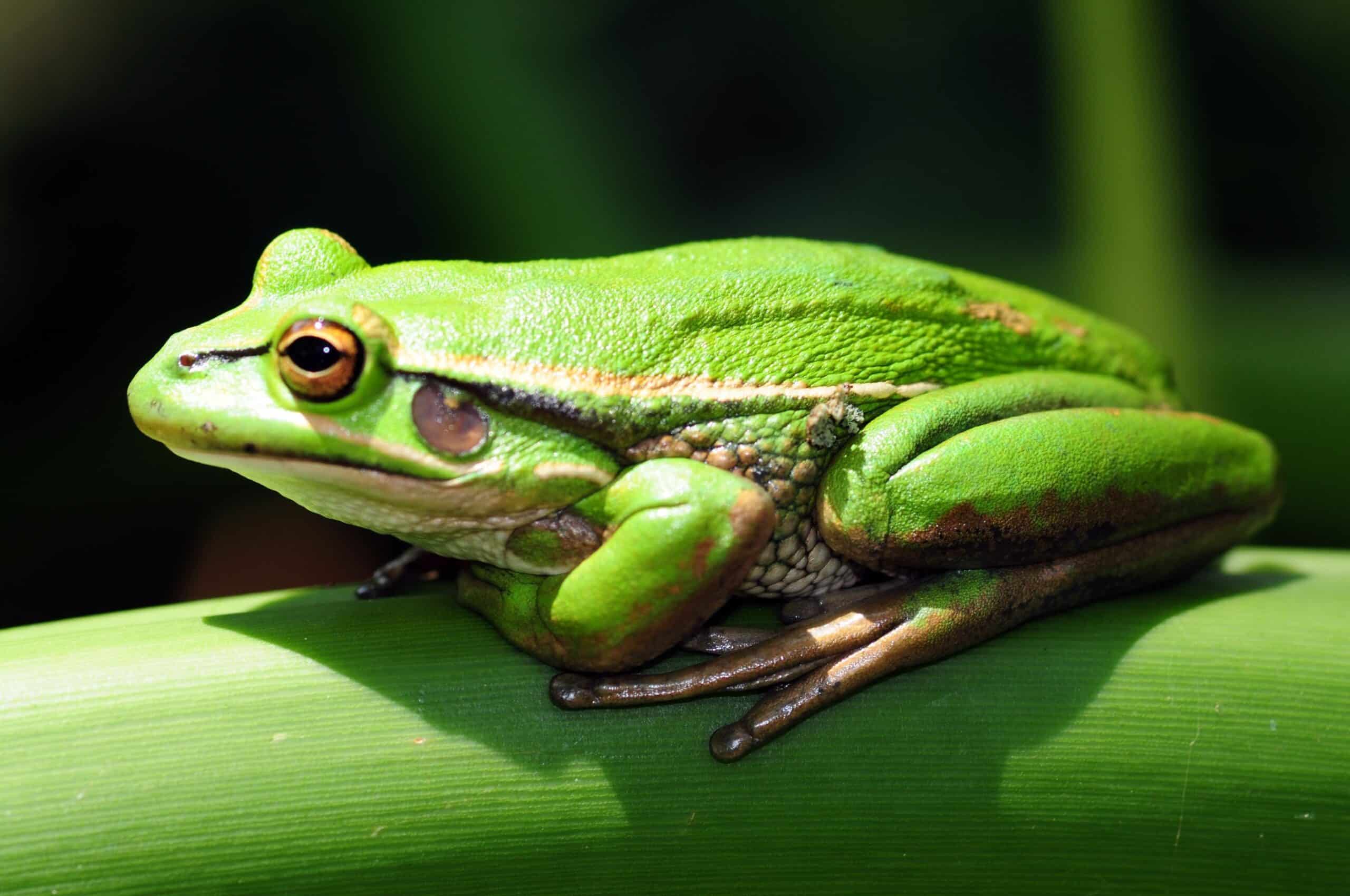Australia’s native animals are protected by law — but that protection comes with caveats. Across every state and territory, permits are routinely issued that allow property owners to kill native wildlife. Known in many jurisdictions as “damage mitigation permits,” these licences have quietly sanctioned the deaths of millions of animals...
Next week at the Twelfth Session of the Conference of the Parties to the Conservation of Migratory Species (CMS CoP12) in the Philippines, countries will be deciding whether or not to protect a number of marine and terrestrial species from the destructive impacts of habitat degradation and loss, overfishing and climate change. These threats are causing rapid decline in species populations across their global habitats, and CMS CoP12 is an incredibly important meeting where parties can agree to work towards reversing these alarming trends. This year Humane Society International marine scientist Jess Morris is attending as part of the Australian Government delegation, which has traditionally been respected among international delegations for our country’s championing of species protection. Jess will be alongside a team of international HSI colleagues who will be campaigning to ensure countries support the important proposals being taken to the Convention.
Our team will be working on securing Appendix II protection for the lion, leopard and giraffe. These iconic African species are under threat due to habitat loss from land clearing, deforestation, illegal poaching and trade, and drought as a result of climate change. Giraffe populations have plummeted by a drastic 40% in the past 15 years. As of last year, the Giraffe was included on the IUCN red list as Vulnerable to extinction, so a CMS listing this year is desperately needed for the animal’s ongoing conservation.
The leopard is also Vulnerable to extinction, as its populations have reduced and become isolated to fewer areas in Africa. A CMS listing is necessary for increased global awareness and international support for leopard conservation programmes.

Giraffe populations have plummeted by a drastic 40% in the past 15 years. Image: Michael Simmons
The lion is currently a globally Vulnerable species which is already listed on a range of international treaties including CITES. In the last 20 years, almost 50% of lion populations have been lost and the situation for the species looks dire. Like other terrestrial animals, the lion is being affected by habitat loss and degradation, reduction of its wild prey, human-wildlife conflict, illegal poaching, unsustainable or unregulated hunting, and disease, so we will also be campaigning hard for the lion listing at CMS.
Some of the most important and controversial proposals on this year’s agenda are for sharks. Sharks are ecologically important top predators that help to protect our coral reefs, kelp forests and maintain the balance of our oceans. Sadly they are also one of the most threatened species in the world. The IUCN Shark Specialist Group has estimated that 24% of the world’s approximately 1,250 shark and ray species are threatened with extinction, placing them among the most threatened of the vertebrate groups.
Nominated for a CMS listing this year are the whale shark, dusky shark, blue shark, angel shark, the wedge fish and common guitarfish. These incredible animals are under threat from over fishing caused by the destructive fin trade, habitat loss and marine debris. Their slow growing and late maturing life history characteristics make them extremely vulnerable to over-exploitation.

The blue shark is the most commonly found shark in the destructive fin trade. Image: Mark Conlin/NMFS
Shockingly, whale sharks are still targeted in some international fisheries. One of the most majestic marine animals, they also suffer devastating deaths from entanglement in nets and from boat strikes and we hope upgraded protection on Appendix I will improve its fortunes. The blue shark is the most migratory and wide ranging of all sharks but it is caught in fisheries and as bycatch at a staggering 20 million individuals a year, making it the most commonly found shark in the destructive fin trade. The dusky shark is also a prominent species of the fin trade, and is being killed in international longline fisheries, including in Australia. Dusky sharks are also a target for recreational game fishers looking for a trophy.
The angel shark and the common guitarfish are not found in Australian waters but these special species have suffered severe population losses and are now extinct from most of their inshore coastal habitats. The white-spotted wedgefish is highly sought after in Asia, and sadly, it is easily caught and fins fetch high prices in the marketplace. We hope Australia will support all of these proposals at the CMS meeting. In the case of sharks, the problem might come when the Australian government gets back home. Australia has a recent history of taking out ‘reservations’ against CMS shark listings because they baulk at preventing commercial and recreational fishers from targeting the CMS listed species. You can help us make sure Australia protects migratory sharks by taking action below!
Jess and the Humane Society International team will be keeping you updated while we are in Manila, so subscribe to our blog and like our Facebook page to ensure you don’t miss any important CMS species updates!


